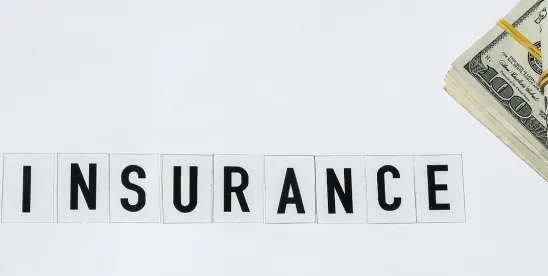Earlier this month, the Hon. Margaret R. Guzman penned a decision on a defendant’s motion for summary judgment in a Chapter 93A case that highlights a specific distinction between Chapter 93A Section 9 (consumer) and Section 11 (business) claims. In Life Skills, Inc. v. Harleysville Ins. Co., the plaintiff sued its insurer for breach of contract and for violations of Chapter 93A, Section 11 arising from alleged “bad faith” insurance practices under M.G.L. Chapter 176D, Section 3(9), which lists specific unfair claim settlement practices for insurance companies.
According to Judge Guzman, the defendant was entitled to summary judgment because the alleged Chapter 93A, Section 11 violations were based only on alleged violations of Chapter 176D, Section 3(9) without any independent evidence that the defendant’s conduct violated Chapter 93A, Section 2. That is because Section 11 does not provide businesses an independent cause of action for Chapter 176D, Section 3(9) violations under Chapter 93A. Rather, to have standing to sue under Section 11, a business must suffer loss of money or property as a result of an unfair act or practice declared unlawful by Chapter 93A Section 2, or any rule or regulation issued under Chapter 93A Section 2(c). Section 2(c) only confers authority to make rules or regulations on the Massachusetts Attorney General. The Massachusetts Legislature promulgated Chapter 176D, Section 3(9) and did not declare unfair insurance settlement practice unlawful under Chapter 93A, Section 2. Accordingly, absent evidence of conduct that violated Chapter 93A, Section 2, the defendant was entitled to judgment as a matter of law.
In dicta, however, Judge Guzman distinguished Section 11 from Section 9. A Section 9 plaintiff does have an independent cause of action under Section 9 arising from violations of Chapter 176D, Section 3(9) because Section 9 expressly confers such a right. Specifically, as set forth in Chapter 93A, Section 9(1), a consumer plaintiff has standing to sue a defendant in two instances. First, a plaintiff may sue when they have been injured by a defendant’s unfair or deceptive practice that has been declared under Section 2 or any rule or regulation issued thereunder. Second, a consumer may sue if their rights were “affected” by a defendant violating Chapter 176D, Section 9. As such, a consumer plaintiff does not have to provide independent evidence of an unfair or deceptive practice under Chapter 93A, Section 2 so long as a Chapter 176D, Section 9 violation affecting the plaintiff exists.



 />i
/>i
